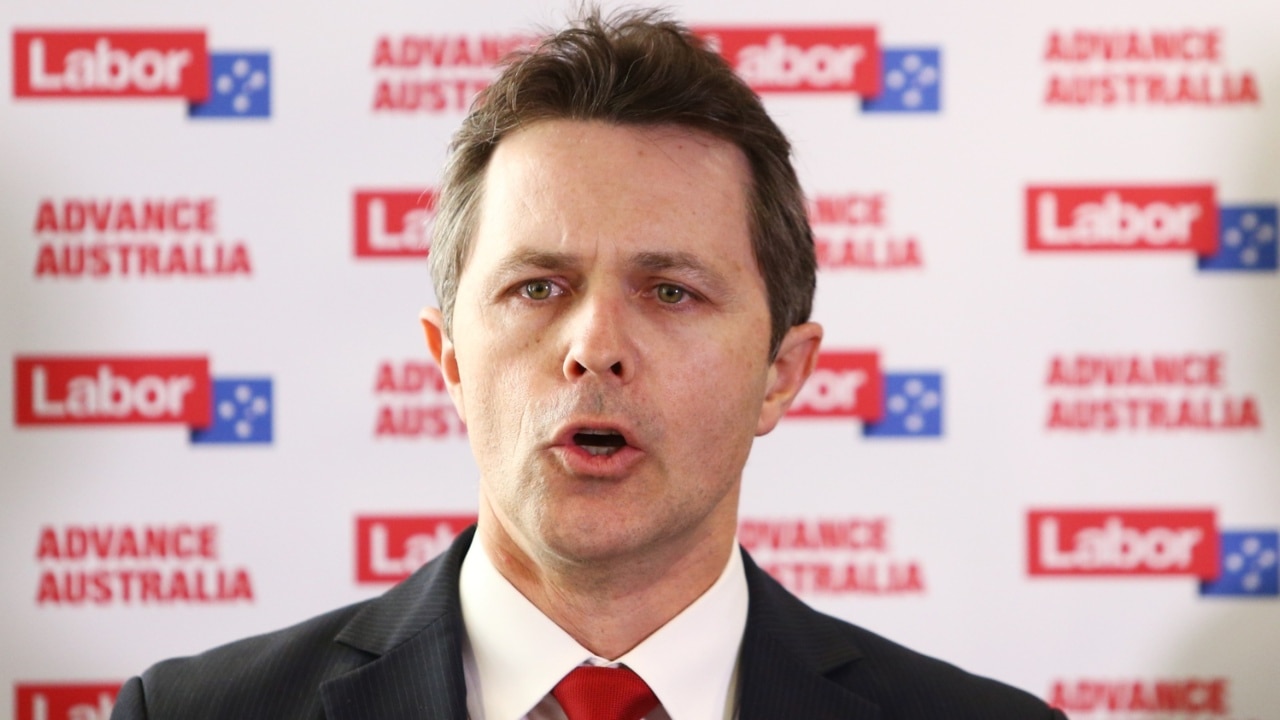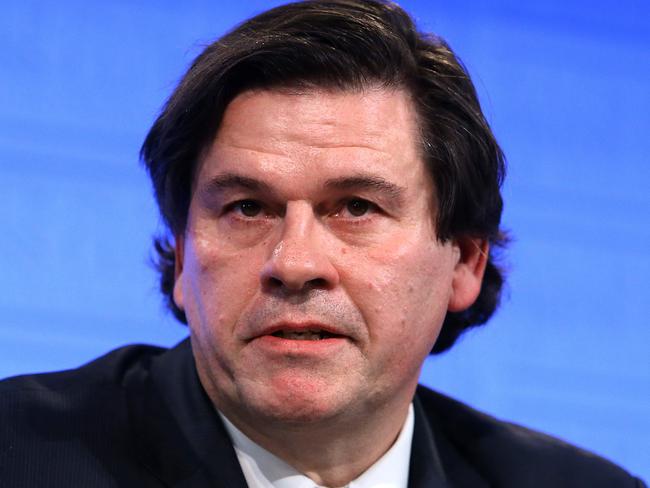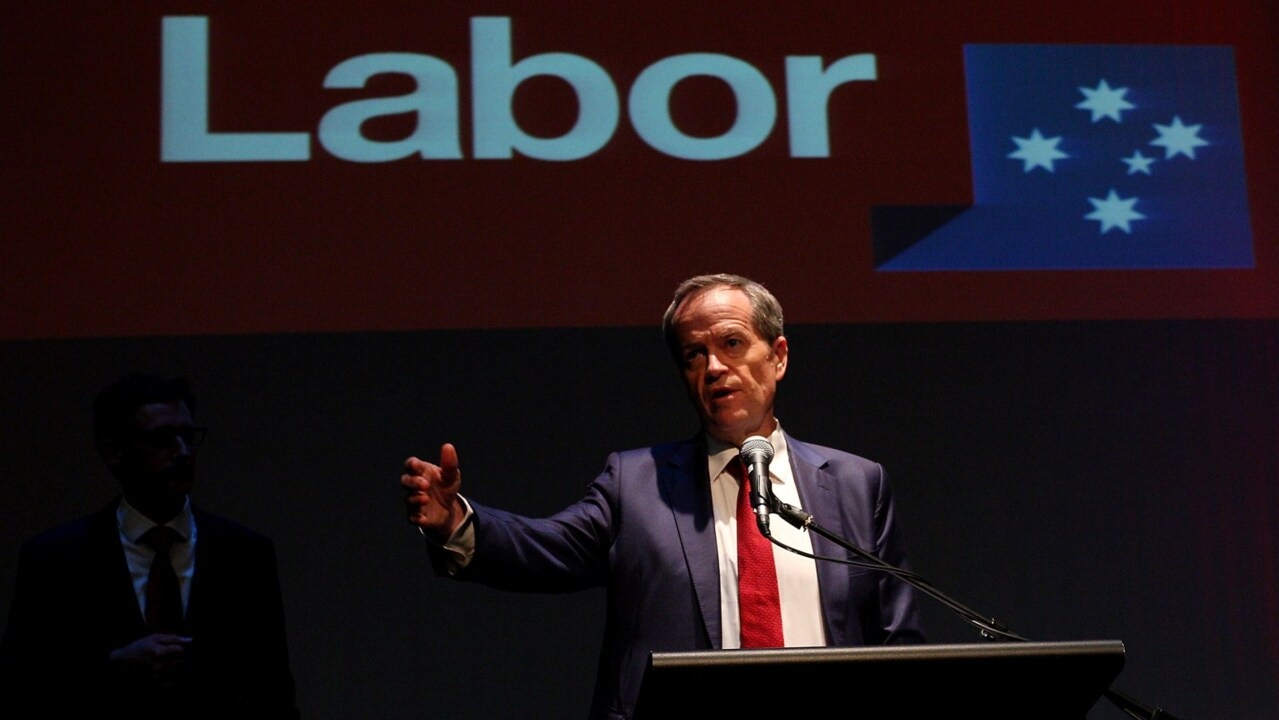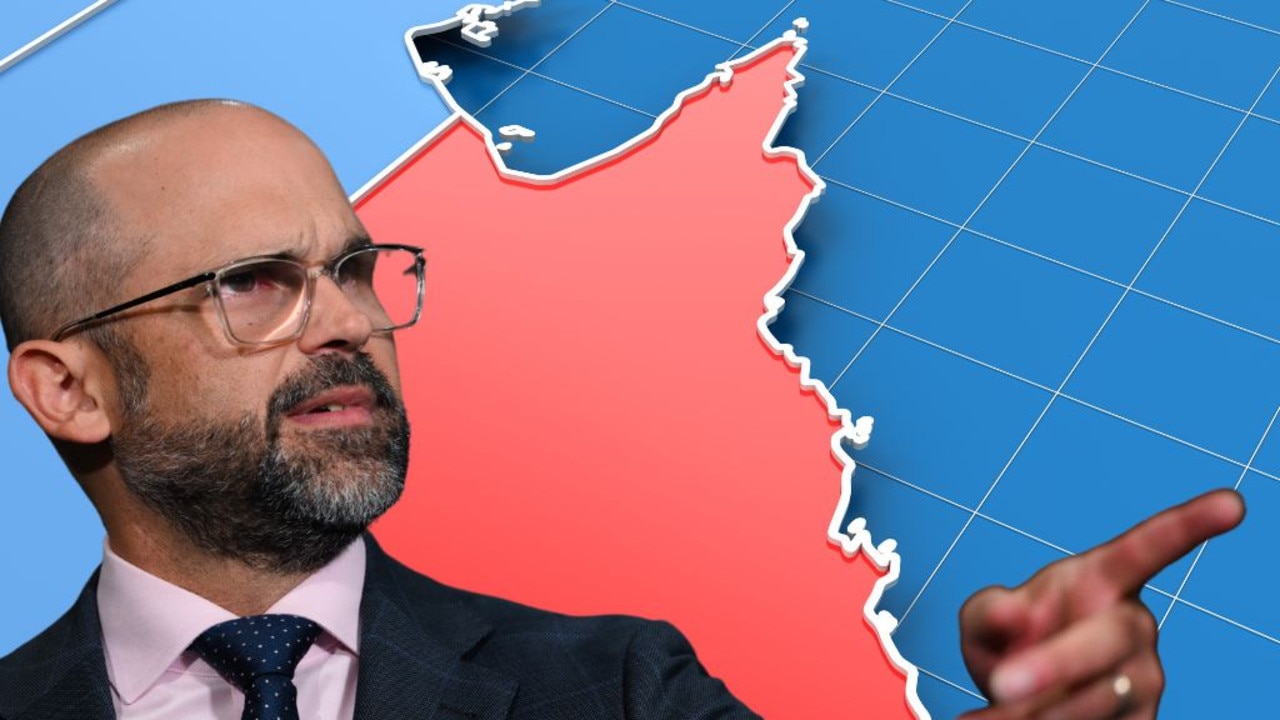Trans-Pacific Partnership rises from the ashes
The business sector has welcomed the resurrection of the sweeping Trans-Pacific Partnership free-trade agreement, saying it will open up access to an economic zone worth almost $14 trillion.

QLD Business
Don't miss out on the headlines from QLD Business. Followed categories will be added to My News.
BUSINESS groups have welcomed the resurrection of the sweeping Trans-Pacific Partnership free-trade agreement, saying it will open up access to an economic zone worth almost $14 trillion.
Hailing the revival of the agreement on Wednesday, captains of industry said Australia had an important role to play fighting the wave of protectionism that was jeopardising global economic growth.
Australia and 10 other nations are expected to sign the revised deal — which will not include the US — in March. The original agreement was thrown into doubt when US President Donald Trump withdrew from the deal in one of his first acts on entering the White House.
Business Council of Australia president Grant King said the new agreement —— rebranded the Comprehensive and Progressive Agreement for Trans-Pacific Partnership — would boost trade and investment.
“This is a win for Australian workers and businesses,” Mr King said.
“The agreement, even without the US, will cover about one quarter of the total value of Australia’s exports and improve market access for a range of goods and services in key markets including Japan and Canada.”

Australian Industry Group chief Innes Willox said it would give Australian businesses greater confidence as they developed strategies for the fast growing Asia-Pacific region.
It covers Australia, Brunei, Canada, Chile, Japan, Malaysia, Mexico, New Zealand, Peru, Singapore and Vietnam.
“While much of the new market access is in agriculture, Australian manufacturers will value the promised rules-based order that will protect access for trade and investment into the future,” Mr Willox said.
“The global economy is a patchwork of local regulations on business and standards. The key advantage of this agreement is that it can give traders certainty in what rules apply to them.”
Mr Willox said Australia’s role in keeping the regional deal in play — albeit in limited form without the US — was confirmation the nation “has an important leadership role in fighting the wave of protectionism that jeopardises global growth”.

Queensland-based Sirromet Wines general manager Rod Hill said the move to reduce wine duties under the agreement would help the company’s export drive across the Asia Pacific region. Sales to China, which now made up 30 per cent of the Mt Cotton-based company’s revenue, were double what they were five years ago thanks in part to the China Australia Free Trade Agreement.
“In the last 12 months, sales to China have increased 20 per cent,” said Mr Hill. “From our experience in China, we welcome any moves towards reduced tariffs in other markets.”
He said the winery was now looking at exporting to Vietnam and Singapore, two signatories to the TPP.
Stockyard managing director Lachie Hart said the agreement would be a boon to the beef industry, with improved market access to key markets such as Japan and Canada.
“As a country that exports most of its beef, market access is crucial,” said Mr Hart.
He said the agreement should reduce tariffs on chilled and frozen beef at a faster rate than that provided under the Australia Japan Economic Partnership Agreement. Exports to Canada also would no longer be subject to strict quotas.
Canegrowers chairman Paul Schembri said the TPP would help boost sugar exports to Japan and Vietnam.
But Mr Schembri said the fact the US was not part of the TPP substantially reduced its benefits for canefarmers.
The Minerals Council of Australia said the revival of the TPP was “unambiguously good news” for a trading nation such as Australia.
Export Council of Australia policy head Heath Baker said the agreement, dubbed TPP11, would provide local exporters with “significant” new and improved market access.
“Bilateral agreements are good, but when it comes to trade agreements, bigger is better,” Mr Baker said.
Multi-country trade agreements were particularly useful in a globalised world where supply chains spanned many nations, Mr Baker said.
“Multi-country trade agreements, like the TPP, come into their own when it comes to value chains,” he said.
The deal is set to provide a boon for the agricultural sector, with the abolition of tariffs on seafood, wine, sheep meat, cotton wool and manufactured goods and improved quotas in key markets such as Japan.
It will deliver new trade deals with Canada and Mexico and create legally guaranteed conditions for Australian service suppliers looking to set up shop overseas.
It will also contain an Investor-State Dispute Settlement mechanism which has sparked controversy in many nations including Australia.



